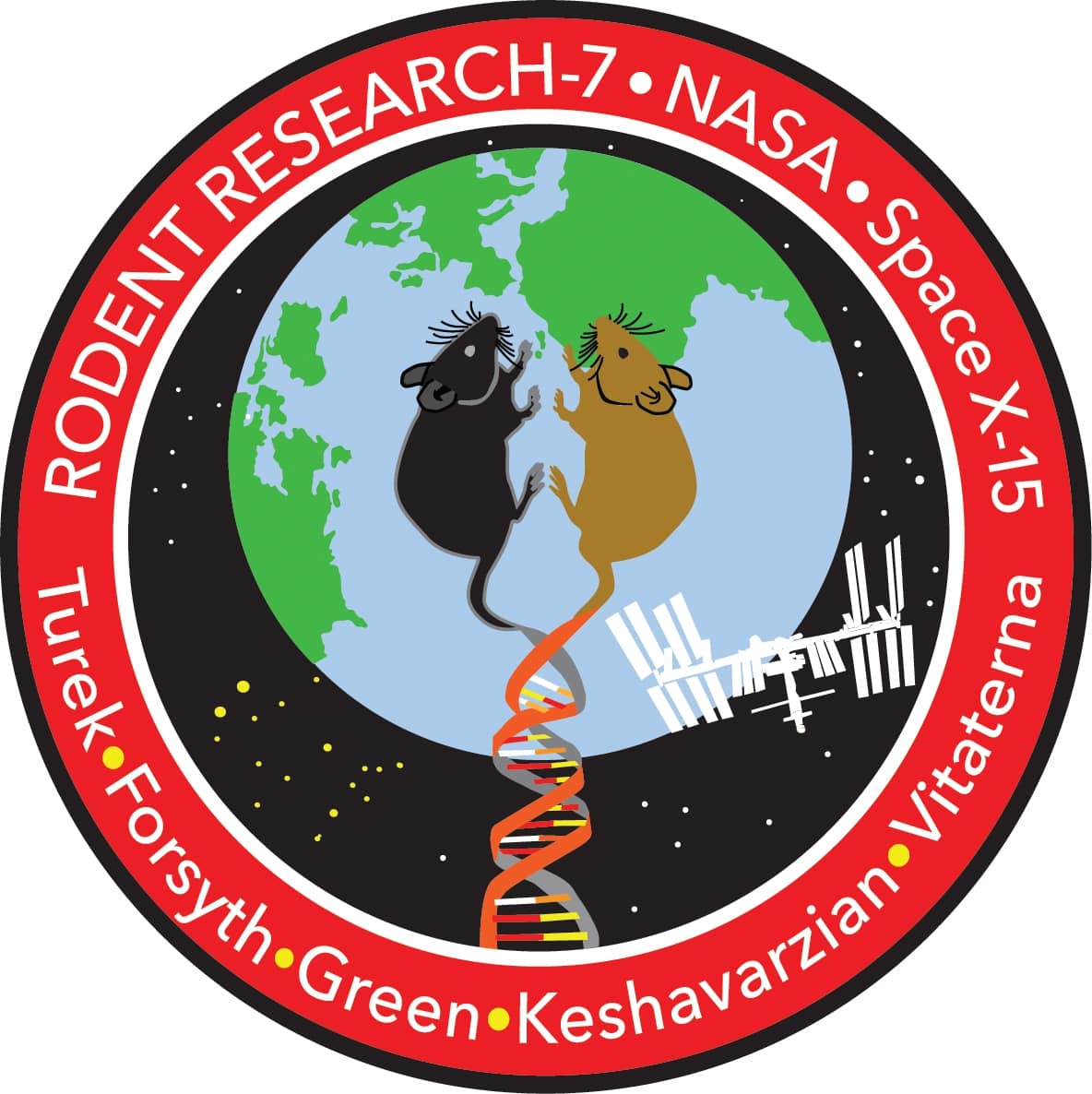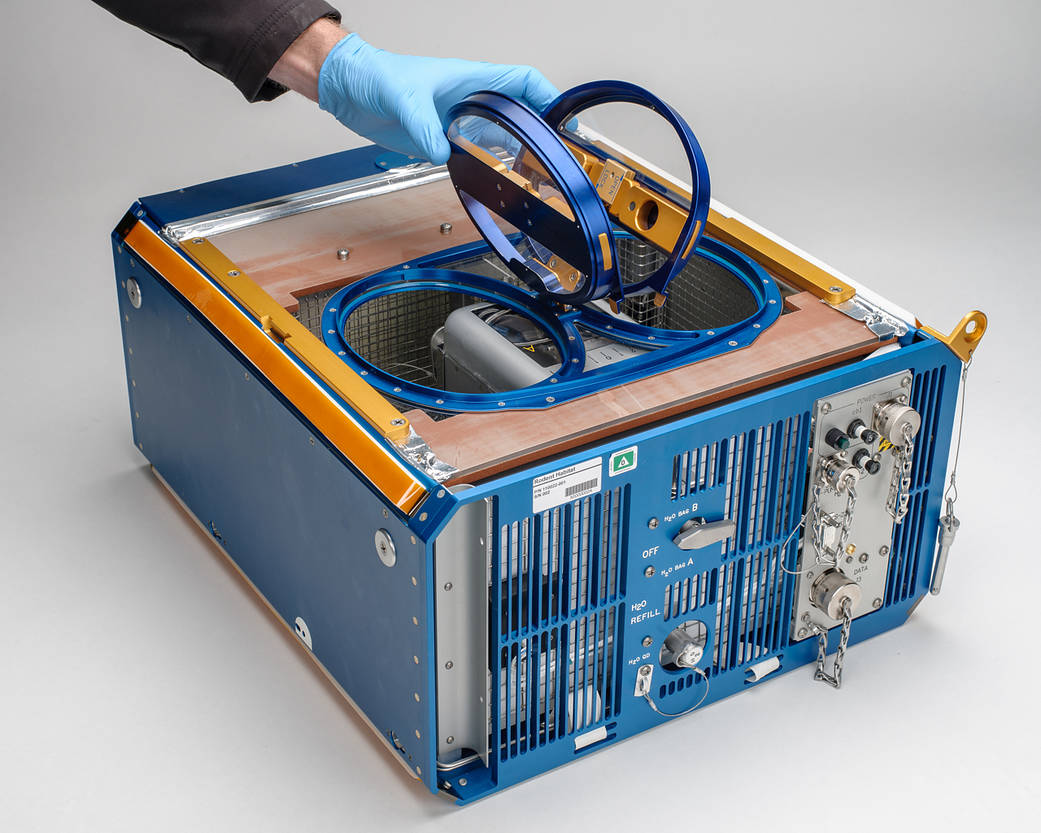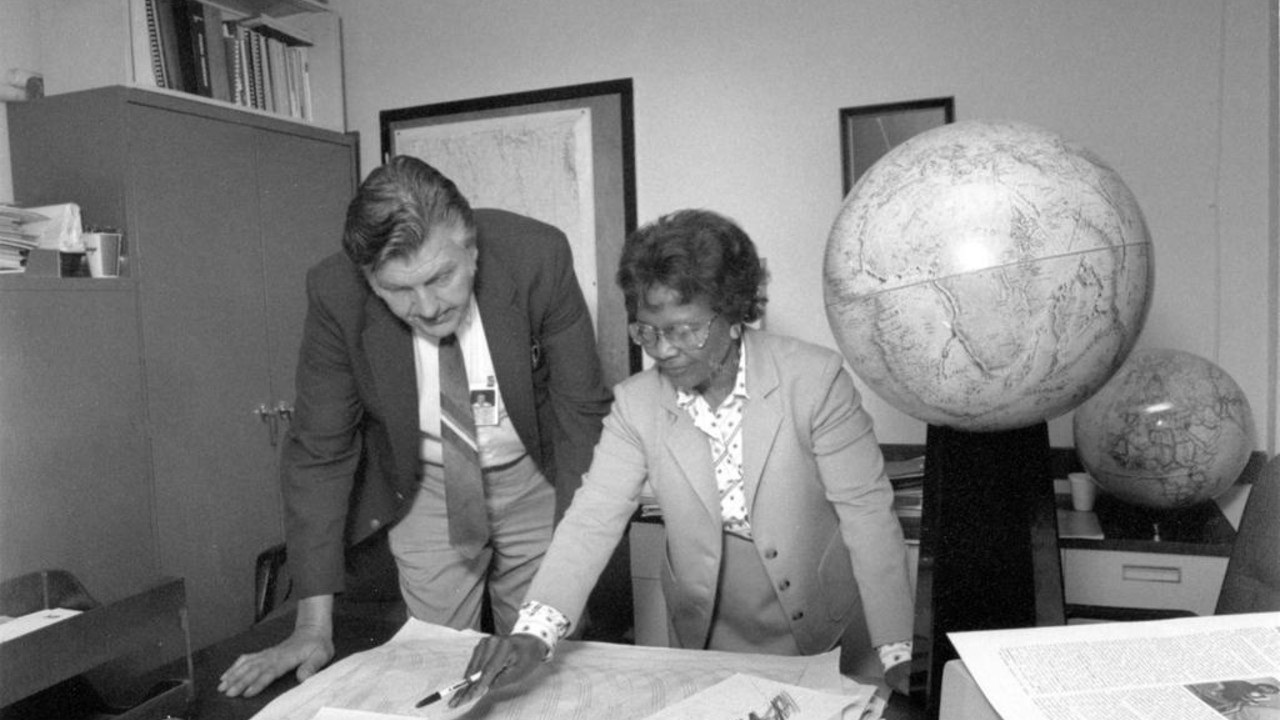What Does Space Travel Do to Your Gut Microbes? (Video)
Right now, there are trillions of microscopic, living organisms like bacteria, known as microbes, living in and on your body — but how are these microbes affected by spaceflight?
Rodent Research-7 (RR-7), an investigation currently being conducted aboard the International Space Station, aims to find out. In RR-7, researchers are studying the microbes that live in the digestive tract of rodents to see how they respond to spaceflight and how that response, in turn, affects the animals' immune system.
Researchers said they hope that this work — and studies that explore how spaceflight affects microbes — will ensure the health of future astronauts, according to a new statement from NASA. The research can help support future, longer-duration missions. [6 Coolest Space Shuttle Science Experiments]
"We want to know the effect of microgravity on the microbiota of mice to begin to understand the effects of long-term spaceflight on the human microbiota. We need to know that before we send humans on long-duration missions to the moon or Mars," Fred Turek, RR-7 principal investigator and director of the Center for Sleep & Circadian Biology at Northwestern University, said in the statement.
This type of research can also help to "guide development of treatments for health disorders here on Earth," according to the video from NASA's Johnson Space Center in Houston.
There is a growing body of research exploring the relationship between human health and our gut microbes. And, while our understanding of how the immense variety of tiny organisms that inhabit our bodies is evolving, there is a clear connection between our health and our microbes.
As noted in the statement from NASA, "disruption of microbial communities has been linked to multiple [human] health problems affecting intestinal, immune, mental and metabolic systems." Researchers hope that a better understanding of spaceflight's effect on the gut microbes in mice could lead to future solutions to ensure astronauts' health, according to the statement.
Breaking space news, the latest updates on rocket launches, skywatching events and more!
Within the RR-7 investigation, researchers will study two different genetic strains of mice over two different intervals: 30 and 90 days of spaceflight. After the two flights, researchers will analyze fecal and tissue samples from the mice and compare the microbes that are found in each group. There will also be a comparable group of mice on Earth that researchers will use as a control.
These mice will act as a "model organism," and researchers hope to understand how microbes affect human systems by studying these effects in the mice, according to the statement.
Note: The video states that there are 10 times more microbes in our gastrointestinal tract than there are cells in our body. But, recent research has disproven this ratio of microbes to human cells.
Email Chelsea Gohd at cgohd@space.com or follow her @chelsea_gohd. Follow us @Spacedotcom, Facebook and Google+. Original article on Space.com.

Chelsea “Foxanne” Gohd joined Space.com in 2018 and is now a Senior Writer, writing about everything from climate change to planetary science and human spaceflight in both articles and on-camera in videos. With a degree in Public Health and biological sciences, Chelsea has written and worked for institutions including the American Museum of Natural History, Scientific American, Discover Magazine Blog, Astronomy Magazine and Live Science. When not writing, editing or filming something space-y, Chelsea "Foxanne" Gohd is writing music and performing as Foxanne, even launching a song to space in 2021 with Inspiration4. You can follow her on Twitter @chelsea_gohd and @foxannemusic.


